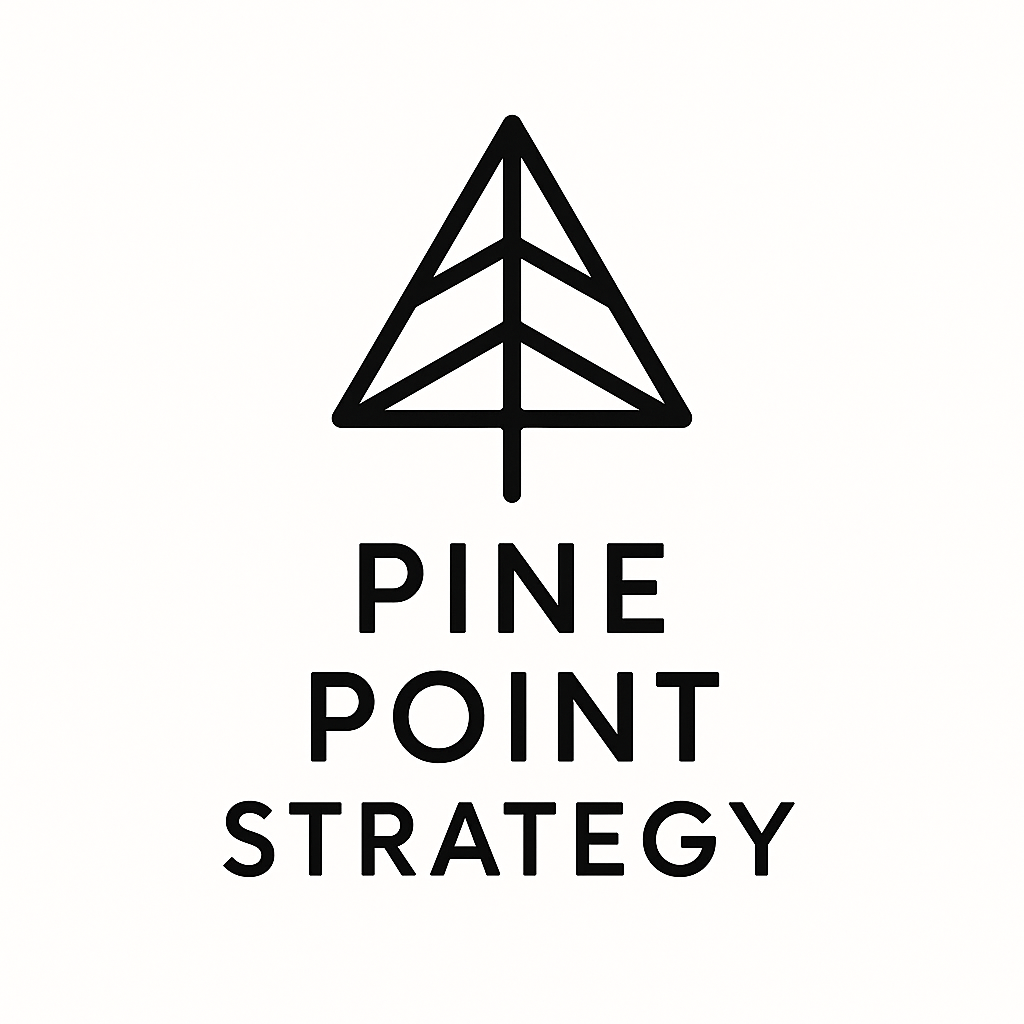Smarter Operations. Stronger Margins.
About Us
Pine Point Strategy is an advisory firm dedicated to helping small and mid-sized businesses uncover hidden efficiencies in procurement, pricing, and logistics.
We deliver clear, data-driven strategies that strengthen margins and improve long-term performance.
Core Expertise
Pricing & Product Mix Strategy
Effective pricing depends on understanding elasticity and marginal revenue. We analyze sales and margin data to identify where prices can rise without hurting volume, and where discounting erodes profitability. By comparing your pricing ladder to competitors and substitutes, we highlight untapped margin potential and design a data-driven product mix.
Deliverables:
Price elasticity analysis by product line
Competitor benchmark pricing ladder
Pricing playbook with risk scenarios
Product mix and bundling recommendations
Typical outcome: Strategic pricing and product mix adjustments that strengthen margins while sustaining market share.
Supplier & Procurement Optimization
We analyze supplier contracts as part of your cost structure, not just line-item expenses. By studying purchasing volume, order frequency, and payment terms, we uncover opportunities to capture economies of scale and strengthen your bargaining power. Benchmarking against peer market prices ensures you aren’t overpaying relative to competitors.
Deliverables:
Vendor spend analysis with market benchmarks
Consolidation & negotiation roadmap
Working-capital impact model
Typical outcome: Lower input costs and stronger cash flow through smarter supplier terms.
Logistics & Operations Efficiency
Logistics is an optimization challenge, minimizing cost per unit delivered while maintaining service quality. We model route density, delivery frequency, and idle capacity to reduce waste and improve asset utilization. Benchmarking costs against industry averages shows how competitive your logistics spend is and where scale advantages can be captured.
Deliverables:
Route and territory efficiency model
Driver utilization and idle-time analysis
Inventory turnover and reorder-point plan
Cost-per-unit benchmark report
Typical outcome: Lower logistics costs, fewer wasted miles, and freed-up capital for growth.




